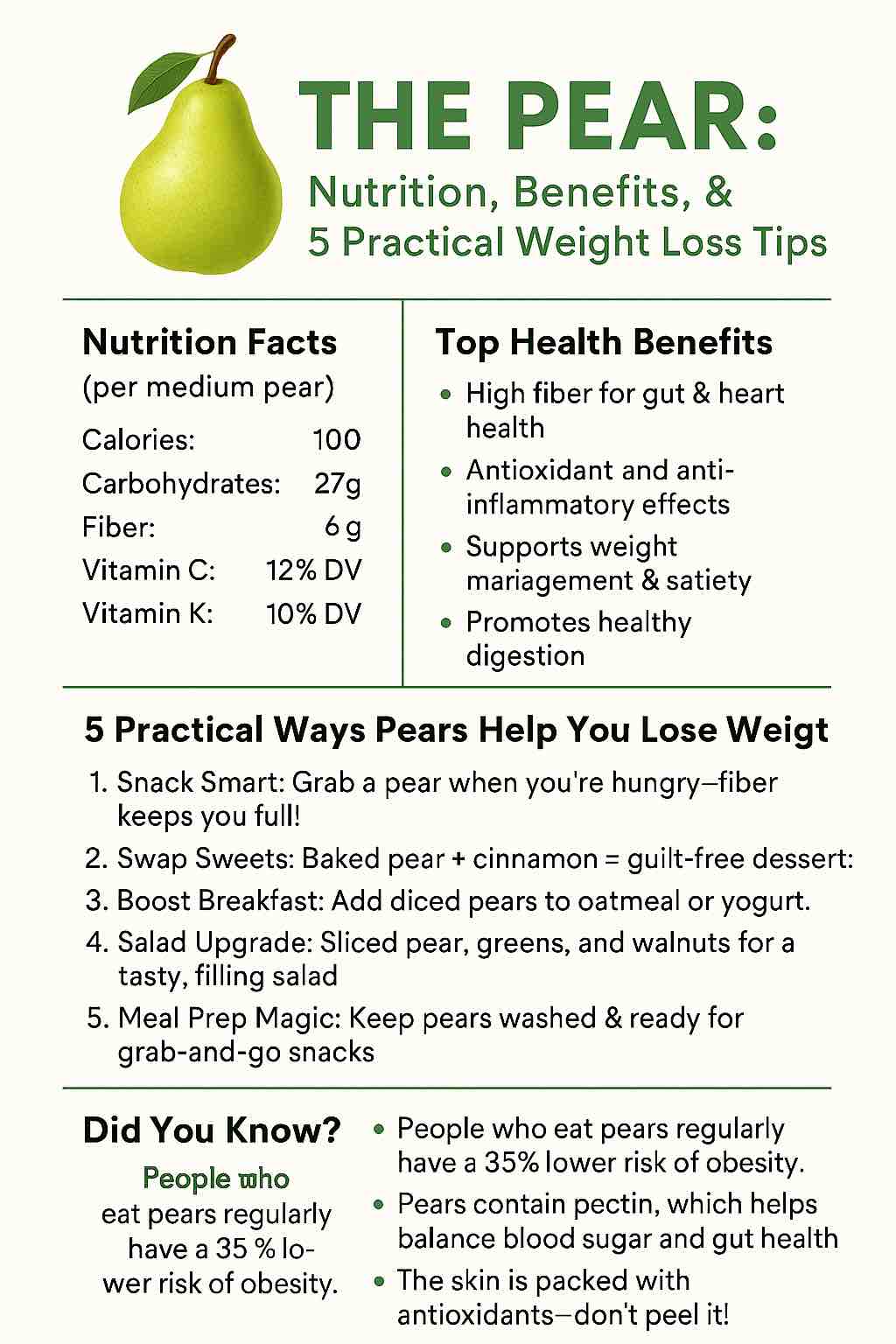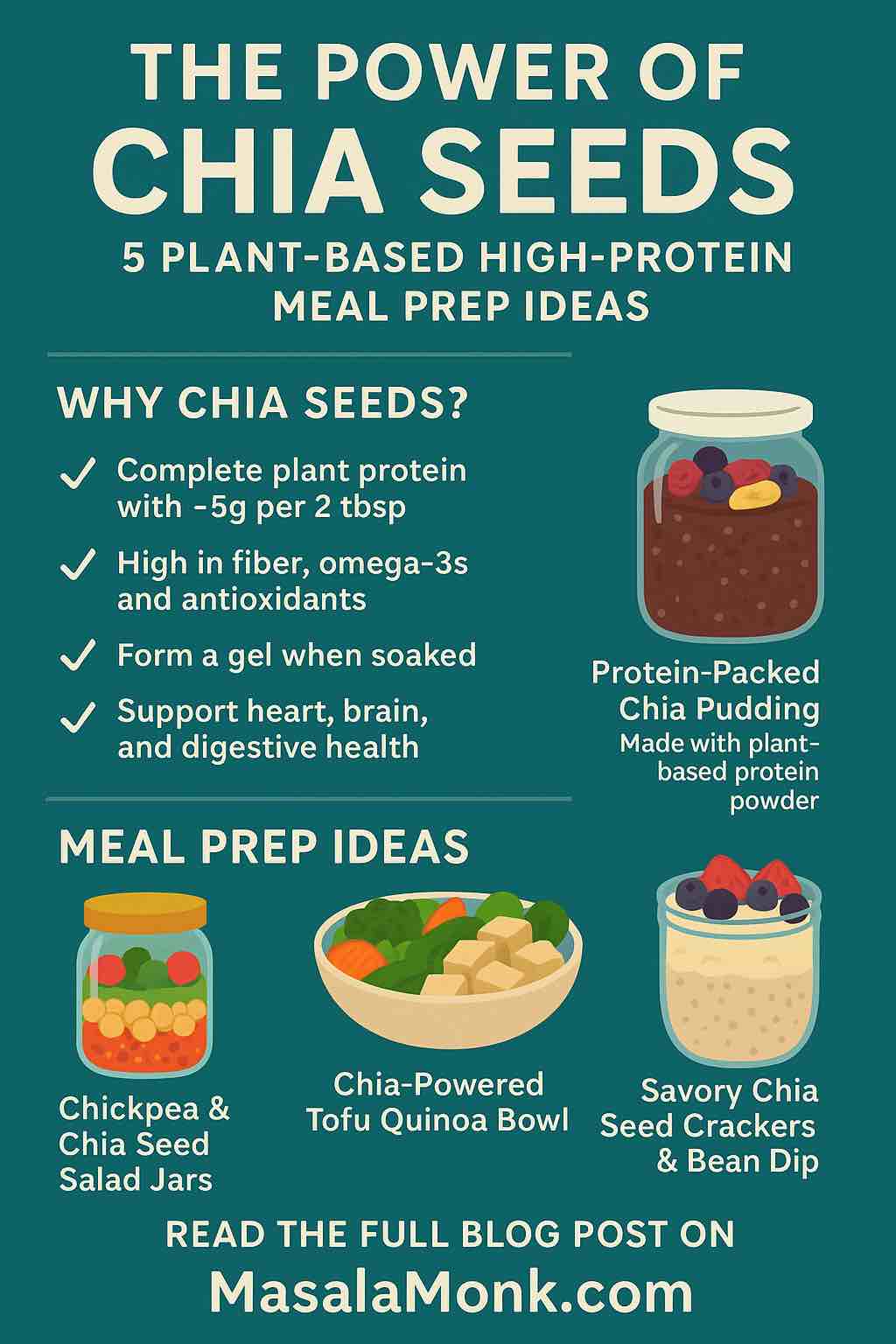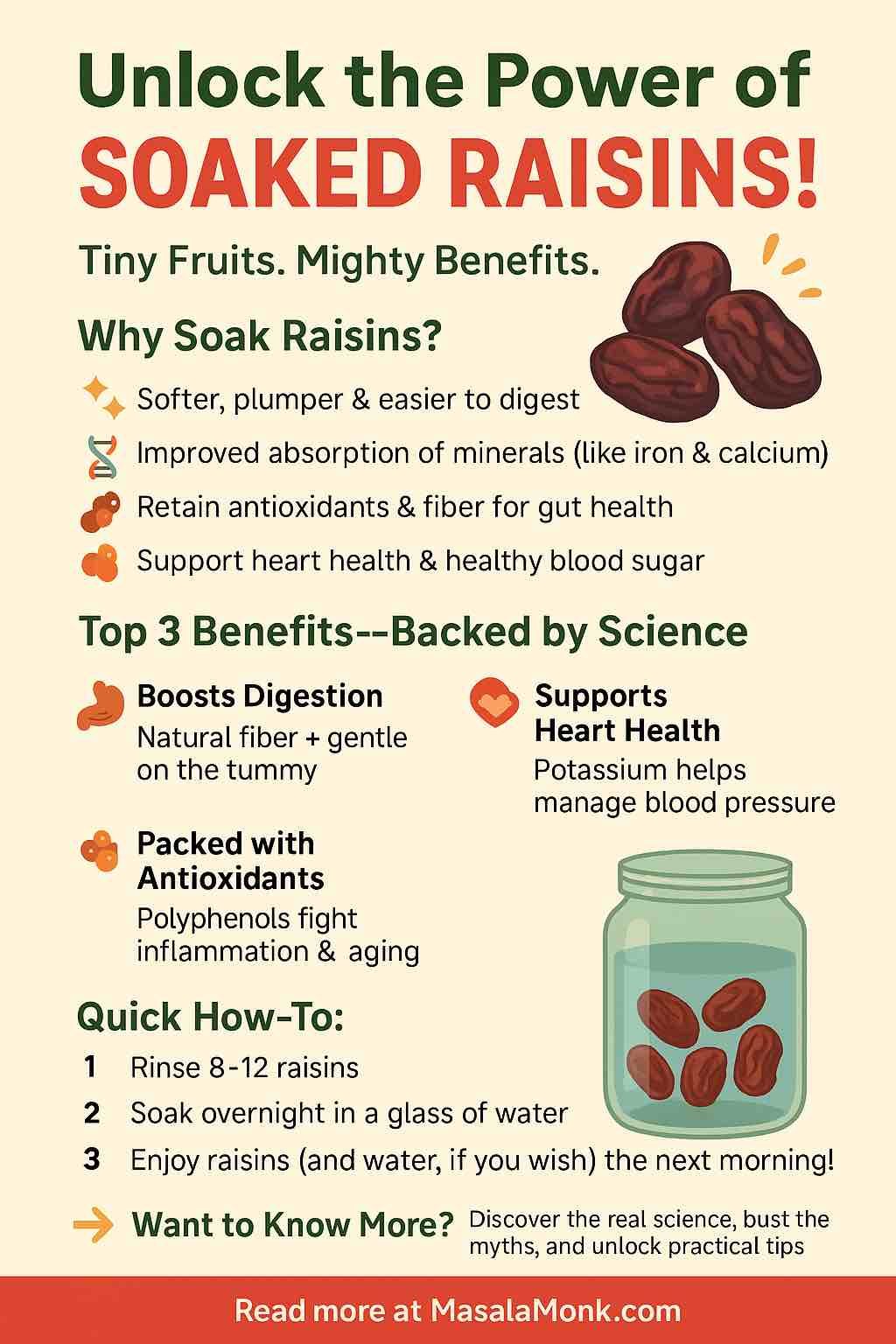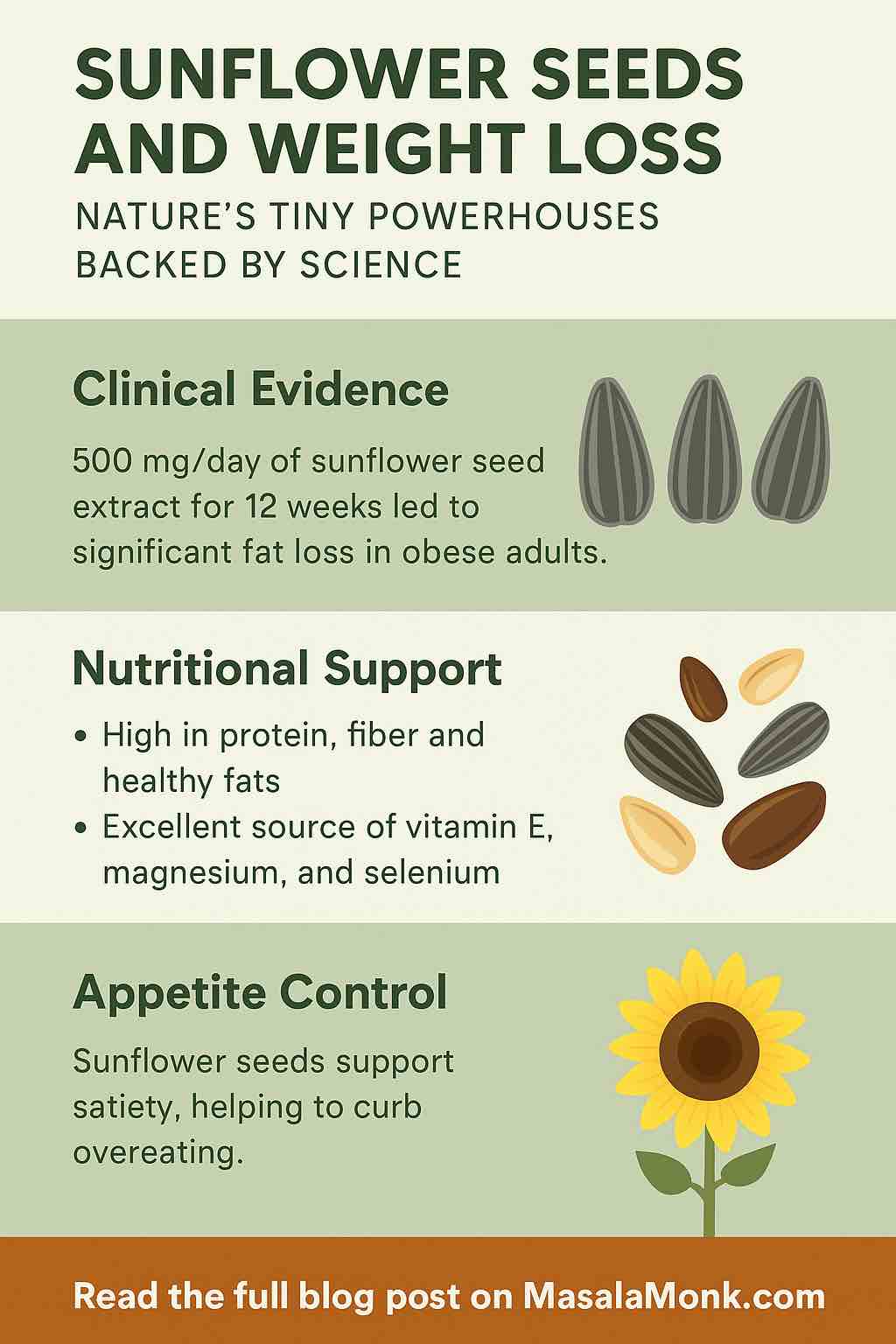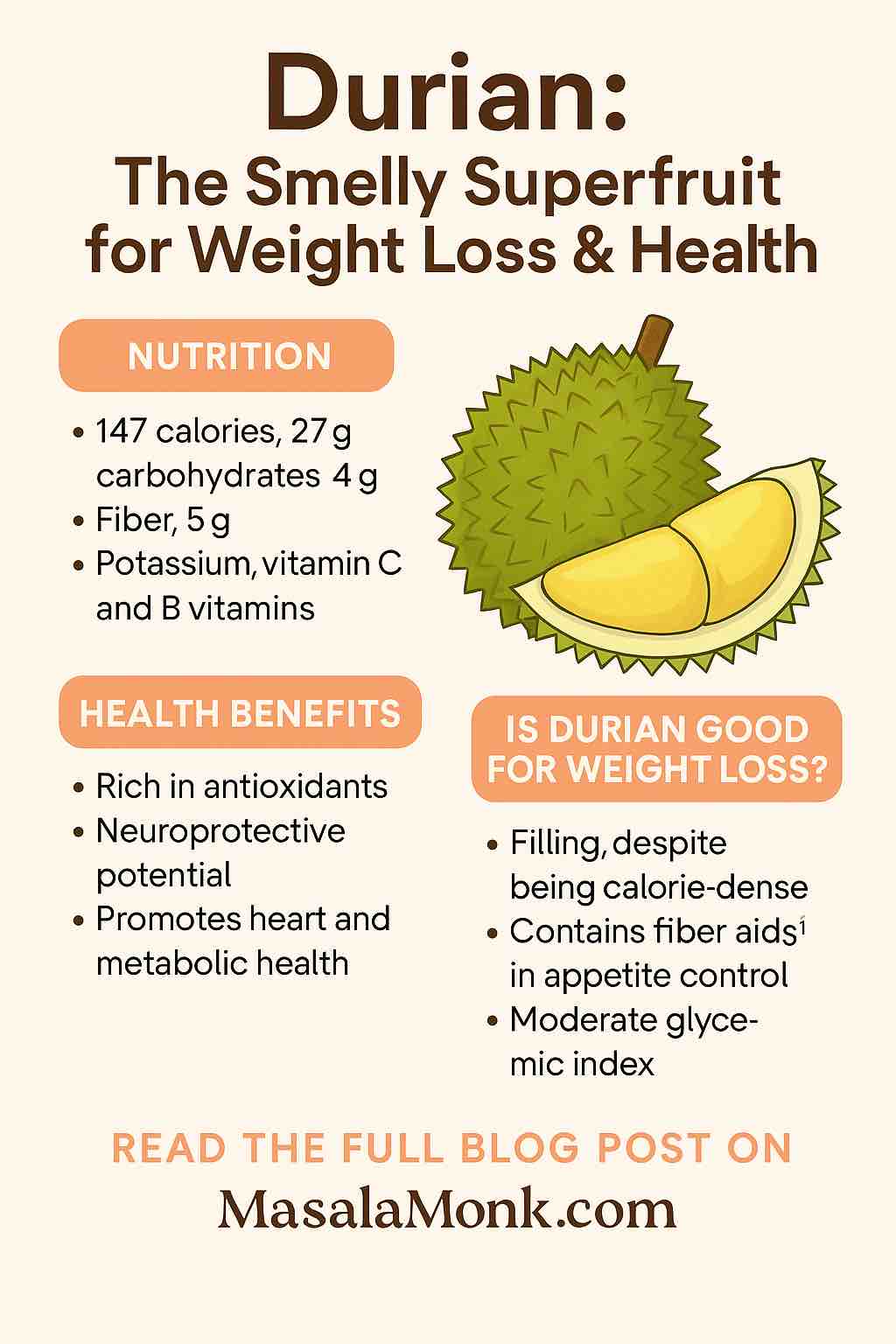
If you’ve ever traveled through Southeast Asia, the spiky, pungent durian is impossible to ignore. Nicknamed the “king of fruits,” durian is infamous for its powerful smell—so strong it’s banned on many trains and hotels! But beneath that funky exterior lies a creamy treasure loaded with surprising health benefits, especially for anyone interested in nutrition, weight loss, or natural superfoods.
But does the science back up the hype? Is durian really good for weight management, or is it just an energy-dense tropical treat? Let’s dig deep, bust myths, and discover how you can (yes, even you!) fit durian into a smart, modern wellness routine.
1. Durian’s Nutrition—A Lot More Than You Think
Durian’s nutritional profile is unique—even among tropical fruits.
Here’s what you get per 100g (about a small handful):
- Calories: 147 kcal
- Carbohydrates: 27–28g (mainly natural sugars: glucose, fructose, sucrose)
- Fiber: ~4g (both soluble and insoluble)
- Protein: 1.5g
- Fat: 5g (with a mix of saturated and monounsaturated—think avocado vibes)
- Potassium: 436mg (more than a banana!)
- Vitamin C: 20mg (over 20% of daily needs)
- B-vitamins: B6, folate, thiamine (great for energy metabolism)
- Magnesium, copper, manganese and small amounts of iron
But here’s what the numbers can’t tell you:
- Durian is packed with bioactive compounds: polyphenols, flavonoids, carotenoids, and rare sulfur compounds that give it that signature smell—and may provide unique health perks.
2. Durian’s Health Benefits—What Does the Research Say (2024–2025)?
A. Antioxidant & Anti-inflammatory Powerhouse
Recent studies (2024–2025) show durian extracts—especially from pulp and peel—contain high levels of polyphenols and procyanidins. These help neutralize harmful free radicals and may fight cellular inflammation, a root cause of many chronic diseases.
B. Brain Protection?
New cell studies in 2024 revealed that unripe durian extract (rich in γ-glutamylcysteine) boosts glutathione, the body’s “master antioxidant,” inside brain and immune cells. This may help protect the brain from oxidative stress, supporting long-term cognitive health. While we don’t have human trials yet, the findings are promising.
C. Heart and Metabolic Health
- Fiber helps lower cholesterol and supports gut bacteria.
- Potassium regulates blood pressure.
- Monounsaturated fats may support healthier cholesterol profiles.
- Durian has a medium glycemic index (~49)—so it releases sugar more slowly than white bread, making it less likely to spike blood sugar if eaten in moderation.
D. Satiety and Gut Health
Durian’s fiber and healthy fats make it more filling than most fruits. This means you’re less likely to reach for snacks after eating it—key for healthy weight management.
3. Durian & Weight Loss: The Truth and the Hype
What the Research Shows:
- No direct human studies prove that eating durian leads to weight loss.
But the components—fiber, healthy fats, potassium, antioxidants—do support mechanisms tied to appetite control, gut health, and metabolic wellness. - Animal studies: Some show reduced blood sugar and cholesterol with durian extracts, but more research is needed.
What Makes Durian Helpful for Weight Management?
- High Satiety: Fills you up—reducing between-meal cravings.
- Nutrient Density: Satisfies sweet cravings and provides vitamins/minerals (unlike cookies or candy).
- Moderate Glycemic Impact: Less likely to spike blood sugar than pure sugary foods.
- Fiber for Gut Health: Keeps things moving and helps control hunger hormones.
4. 5 Practical Ways to Use Durian for Health & Weight Loss
1. Use as a Satisfying Snack
Instead of chips or sugary desserts, eat 2–3 durian segments (about 50–70g). You’ll get fiber, healthy fat, and natural sweetness—without the empty calories.
2. Blend into Smoothies or Breakfast Bowls
Add a small portion of durian to your morning smoothie with spinach, Greek yogurt, and chia seeds. This makes your breakfast more filling and adds a nutritional punch.
3. Portion-Controlled Dessert
Freeze durian and serve it as a “nice cream” alternative, blended with frozen banana. It’s creamy, sweet, and far lower in processed sugar than ice cream.
4. Swap for High-Calorie Pastries
Instead of cakes or pastries, use durian as a base for healthy dessert recipes. It’s naturally rich and sweet—no need for extra sugar.
5. Mind Your Timing
Eat durian earlier in the day, such as after a workout or for a midday snack. This aligns better with your body’s natural energy rhythms and helps avoid late-night overeating.
5. Myths, Controversies, and Precautions
- Myth: “Durian is fattening.”
Truth: Yes, it’s calorie-dense for a fruit, but a moderate serving (50–100g) is not likely to cause weight gain, especially if it replaces a less healthy snack. - Precaution: People with kidney problems or those watching potassium should moderate intake.
- Alcohol Warning: Sulfur compounds in durian can slow down alcohol breakdown, sometimes causing nausea or palpitations when combined.
- Allergies are rare but possible.
6. How to Choose, Store, and Eat Durian
- Choosing: Look for a strong (but not rotten) smell, and gentle give when pressed.
- Storing: Eat ripe durian within 1–2 days. Refrigerate in a sealed container, or freeze for smoothies.
- Eating: Enjoy raw, in desserts, or in smoothies. Start small if you’re new to the taste!
Conclusion: Should You Try Durian?
Durian isn’t just a weird, smelly fruit—it’s a bona fide superfood, packed with nutrients and bioactive compounds that modern research is only beginning to understand. While it’s not a magic bullet for weight loss, its fiber, healthy fats, and slow-release carbs make it a smart choice for satiety and balanced nutrition.
If you want to boost your diet, manage cravings, and experience a truly unique food, give durian a try. Start with small portions, savor the creamy sweetness, and know you’re enjoying a fruit with deep roots—and a big future—in the world of health science.
Have you tried durian? What was your first impression? Let me know in the comments!
Durian FAQ
1. Is durian safe for people with diabetes?
Durian is moderately high in natural sugars and has a medium glycemic index (~49). Small portions (50–70g) can generally be included in a balanced diet, but people with diabetes should monitor blood sugar response and consult their healthcare provider before adding it regularly.
2. How much durian can I eat if I’m trying to lose weight?
A practical serving is about 50–100g (2–4 segments), which provides satiety without too many calories. Eating durian as a treat or snack, not in large amounts, helps you enjoy the benefits without excess energy intake.
3. Does durian really help with weight loss?
No fruit alone will make you lose weight. Durian is filling due to its fiber and healthy fats, which can help control cravings. It works best as part of a balanced, calorie-controlled diet and active lifestyle.
4. Why does durian smell so strong?
Durian contains volatile sulfur compounds and esters that create its infamous odor. The smell doesn’t indicate spoilage—just ripeness and natural chemistry!
5. Can I eat durian with alcohol?
It’s best not to. Durian’s sulfur compounds can slow alcohol breakdown, sometimes causing nausea, bloating, or rapid heart rate. Avoid combining them, especially if you’re sensitive.
6. Is frozen durian as nutritious as fresh?
Yes, freezing preserves most of durian’s nutrients and antioxidants. Just watch out for added sugar in some packaged products.
7. Is durian good for the heart?
Durian is high in potassium and fiber, both heart-friendly nutrients. It also contains healthy fats and antioxidants. Eat in moderation for potential cardiovascular benefits.
8. Can kids or pregnant women eat durian?
Generally, yes, in moderate amounts—durian provides vitamins, minerals, and energy. However, because of its richness and caloric density, it’s best to keep servings moderate and consult a healthcare professional if you have specific health concerns.
9. How do I pick a ripe durian?
Look for a strong aroma, a slight “give” in the husk, and avoid fruits with wet or moldy spots. A ripe durian should open with gentle pressure and the flesh should be creamy and fragrant.
10. What are some easy ways to add durian to my diet?
Enjoy it fresh, blend into smoothies, freeze for “nice cream,” add to yogurt bowls, or use as a natural sweetener in healthy desserts. Start with small servings until you get used to the flavor!

